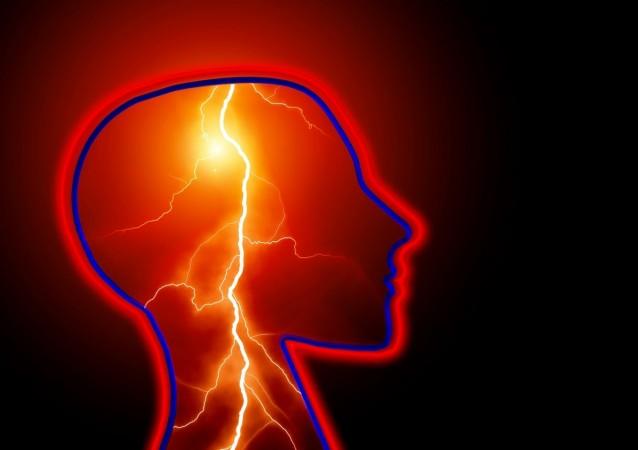
The type implantable neural device that many might have witnessed in an episode of popular TV series Black Mirror, helping users to recall memories is no longer purely fiction. Scientists developed a new implantable device that can help in boosting memory.
In its first serious test run, it showed a promising new strategy to treat dementia, brain injury and other conditions that damage memory.
The device works like a pacemaker that sends electrical pulses to help the brain when it is struggling to store some new information, but it remains quiet when the brain is functioning well on its own.
ALSO READ: Human brains act like Wi-Fi? Scientist reveals how our 'gut feeling' works
The device helped improving word recall by 15 percent, that is almost equal to the amount that's stolen from an Alzheimer's patient in over two and half years, according to a study by a team of University of Pennsylvania neuroscientists published in Nature Communications.
"Our study has two novel aspects," Youssef Ezzyat, a senior data scientist in Penn's psychology department in the School of Arts and Sciences and lead author told in a press release.
"We developed a system to monitor brain activity and trigger stimulation responsively based on the subject's brain activity. We also identified a novel target for applying stimulation, the left lateral temporal cortex," Ezzyat added.
The technology combines a technique known as deep-brain stimulation (DBS) with real-time monitoring of neural activity, improving participants' performance on a memory task.
25 neurosurgical patients, receiving treatment for epilepsy were recruited for the study. Senior author Michael Kahana said: "I've been studying the electrophysiology of memory processes for many years, and it seemed to me that [we should] use the electrical signals of the brain that predict good memory to help teach us how to stimulate the brain."
All subjects had already had electrodes implanted in their brains as part of their routine clinical treatment for epilepsy. The researchers used the electrodes to measure neural activity while the patients memorized a list of words presented to them on a screen. Then compared the brain activity of the patients who recalled the words correctly versus words they forgot.
Researchers then developed software that can detect when the brain was in a poor learning state, and it triggered a small electrical pulse to stimulate the area, acting more like a pacemaker, only zapping the brain only when stimulation is needed.
"During each new word the patient viewed, the system would record and analyze brain activity to predict whether the patient had learned it effectively. When the system detected ineffective learning, that triggered stimulation, closing the loop," Ezzyat said.
"By developing patient-specific, personalized, machine-learning models," Kahana said, "we could program our stimulator to deliver pulses only when memory was predicted to fail, giving this technology the best chance of restoring memory function. This was important because we knew from earlier work that stimulating the brain during periods of good function was likely to make memory worse."

















